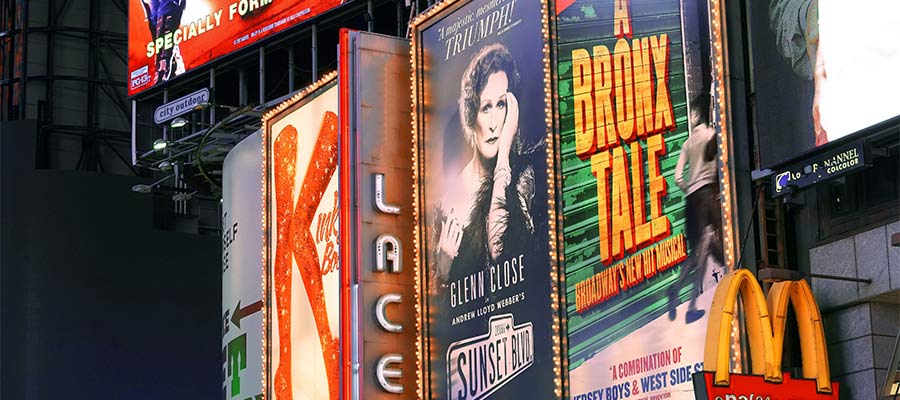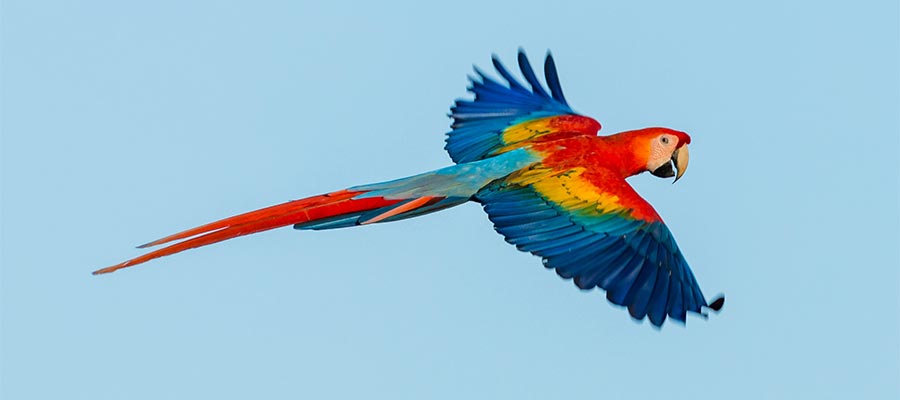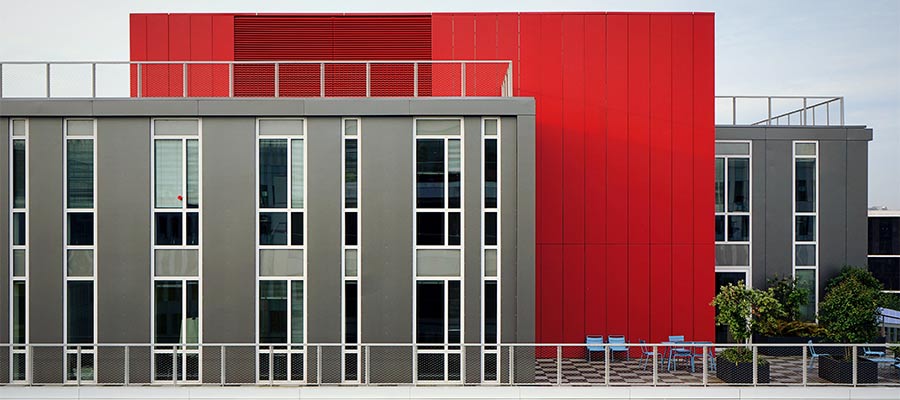Looking Outside of the Web for Inspiration & Ideas
It makes perfect sense. If you want to design a compelling website, find other sites that inspire you. It’s an effective strategy. But it might not be the best for originality.
The web is becoming increasingly homogeneous. This encompasses the tools we use and the designs we implement. Thus, it can be hard to distinguish one site from another. You might even notice a sameness in your portfolio.
Other websites may not always be the best source of inspiration. Not if you want something completely original. So where should we look?
That’s our topic for today. Let’s explore places outside of web design that we can mine for inspiration.
Photography
As the old saying goes, a picture is worth a thousand words. And the right one can provide a creative spark as well. That’s why photography is more than a tool to enhance a website. It can also serve as an inspiration.
A photo’s subject matter may or may not be relevant. A picture of a mountain, for example, can lead you to an idea for a tech startup’s design. Or maybe an image of a sports car spawns an epiphany for an auto mechanic’s site.
Creativity works in mysterious ways. An image may conjure up thoughts that lead you to exactly the right place. Features such as colors, lines, or even facial expressions can wield amazing power.
Images are also incredibly convenient. There is a massive amount of photographic resources online. You’re never far from finding something that gets those creative juices flowing.

Print Design
Web designers have long strived to mimic printed materials. But that’s been traditionally limited by technology. That has changed in a hurry, though.
For one, CSS has come a long way. It’s now possible to recreate complex print layouts on the web. We no longer need to employ hacks to create these looks.
As such, you can look to printed materials for inspiration. Spend time browsing books, magazines, and catalogs. There’s no shortage of potential here.
And you aren’t limited by items you can hold in your hand. Outdoor advertising on billboards and vehicles is also worth admiring. Murals and graffiti also have something to offer.

The Natural World
The natural world is bursting with design possibilities. And they can be found anywhere from the most majestic tree to the tiniest insect.
Color and texture are of particular interest. Maybe it’s the intricate pattern displayed by a bird. Or the magnificent color palette of leaves in the spring and fall. There is something unique to fuel creativity everywhere you look.
You don’t have to go to a remote locale to find inspiration. Backyard nature can be just as influential. Finding previously hidden details in everyday things can be awe-inspiring.
Imagery alone can be powerful. But there are also benefits to being outdoors. We can see nature with our own eyes. And we get the full sensory experience. Hearing a bird call, feeling a breeze, or smelling a flower have long been sources of creative mojo.

Industrial Design
Now, let’s look at the very opposite of nature. Industrial design spans everything from the phone in your pocket to the tallest skyscraper. We can see it pretty much everywhere humans have made their mark.
This art form also provides an eclectic mix of styles. There are uniform structures reminiscent of block-based design. And then there is the controlled chaos of engines and assembly lines. They can lead us to employ design in ways we may not have thought about.
Industrial design is versatile and can fit just about any purpose. This style works for both stark minimalism and clever complexity. Much inspiration can be found here.

Look for a Fresh Perspective on Design
Seeing the same thing over and over leads to stagnation. Web design is a little bit like that. Browsing through so many websites can lead us to stale ideas. And what we build might lack originality.
This isn’t always a bad thing. For example, predictability in user interface (UI) design is a welcomed feature.
The idea isn’t to make our creations more difficult for users. Usability and accessibility still need to be priorities.
Originality counts for something, though. Finding it often means looking outside of the web design bubble. The sources above can offer a solid starting point.